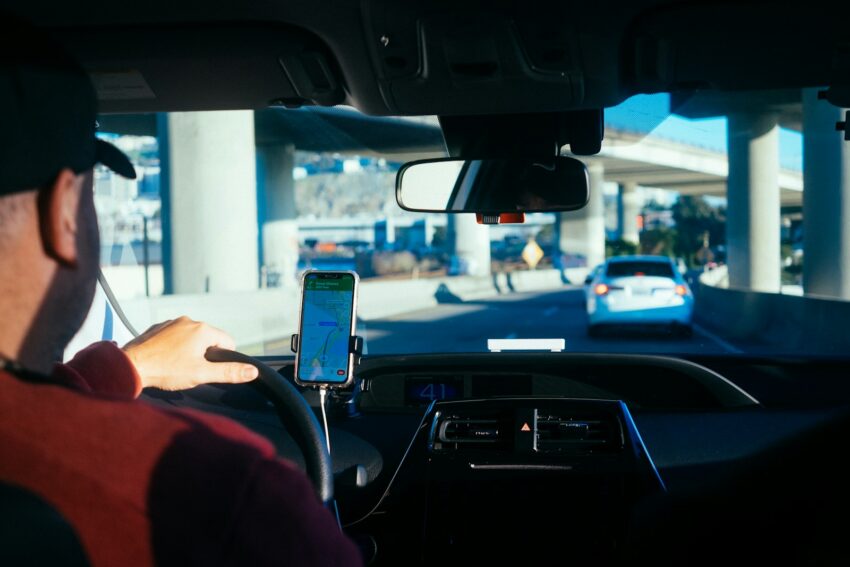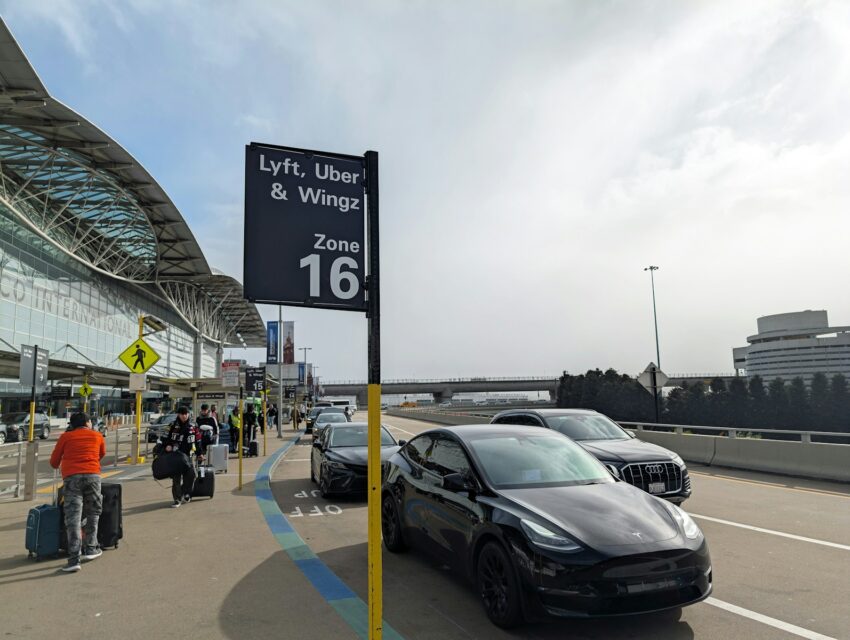Preparing teens for solo travel is a key step in building confidence, independence, and real-world decision-making skills. Homeschooling offers the flexibility to teach beyond academics and include safety lessons tailored to your teen’s learning pace.

Unlike school-based safety programs, homeschoolers rely on intentional teaching moments to practice real scenarios and build travel awareness. Teens must learn to handle unexpected situations, navigate unfamiliar places, and trust their instincts in public or private settings.
Skills like setting boundaries, checking in during trips, and staying alert should be part of their early preparation. Open conversations and hands-on practice create a strong foundation before your teen ever travels alone or books a ride. This blog post aims to help parents prepare their homeschooled teens for safe and confident solo travel through practical strategies.
Start With Travel Basics Early
Learning how to travel safely starts long before your teen takes a solo trip. It begins with the basics: understanding how to read maps, plan routes, check transport schedules, and handle small disruptions calmly. These aren’t just helpful skills; they’re essential for building a sense of independence.
Many homeschooling parents recognize the importance of teaching life skills alongside academics. Recent data from the National Center for Education Statistics shows that 3.4% of K–12 students in the U.S. were homeschooled during the 2022–23 academic year. A major reason? Concerns about the school environment, especially safety and peer pressure. Over 80% of homeschooling families cited these issues as part of their decision.
This concern naturally extends beyond classrooms. It influences how parents prepare their teens for real-world scenarios, including solo travel. If safety is a priority at home, it should also guide how you train your teen for public spaces.
Integrate travel readiness into your homeschool routine. Assign tasks like planning local outings or managing time during errands. These experiences help teens become aware, self-reliant, and alert in unfamiliar settings. The earlier you start building these habits, the more confident your teen will be when traveling independently.

Teach Digital and Communication Safety
In today’s digital-first world, teens regularly use mobile apps, messaging platforms, and location-sharing tools. As a homeschooling parent, you have the opportunity to shape how your teen uses these tools, well before outside influences take over. Teaching them to communicate responsibly is just as important as teaching them when to speak up.
This is especially vital when your teen begins traveling alone. Help them learn to check rideshare details, manage app privacy settings, and share their location with consent, not just convenience. Encourage the use of digital tools as safeguards, not shortcuts.
Recent data by Secure Data Recovery reveals that 45% of U.S. parents track their child’s location through apps, with 52% checking at least once or twice daily. Yet, 12% of kids don’t even know they’re being tracked. This gap highlights the need for open, respectful discussions about digital safety, not silent surveillance.
Monitoring often stems from fear of potential threats. Concerns about misconduct during ridesharing use are valid, especially for solo teen travelers. Companies like Uber have faced scrutiny over safety practices, particularly regarding passenger harassment cases.
In the past few years, several Americans have filed lawsuits after experiencing sexual assault or harassment by Uber drivers during their rides. In such cases, contacting an Uber sexual assault lawyer can help families understand their legal rights and options in such situations.
According to TorHoerman Law, legal professionals help survivors navigate the aftermath of incidents like rideshare misconduct. They assist in collecting evidence, explaining legal rights, and pursuing compensation. This support can ease emotional stress while ensuring justice is pursued fairly.
Build Confidence in New Environments
Travel is an exciting part of growing up, but for homeschooled teens, stepping into new spaces can feel overwhelming. Unlike peers in traditional schools, they might not be used to large crowds, unfamiliar systems, or spontaneous decisions. That’s why building confidence in unfamiliar settings is an essential part of travel prep.
Start small. Let your teen take the lead during family outings, ordering at a café, navigating airport signs, or managing tickets. These real-world challenges, when experienced in low-pressure settings, help them grow emotionally stronger and more independent.
Research from the National Library of Medicine (NLM) highlights the importance of home learning in emotional development for children. When parents support their child’s potential, kids are more likely to build confidence and regulate emotions effectively.
Encouraging communication, consistent routines, and active engagement at home helps nurture emotional resilience from an early age. The study also found that gender can influence how children respond, emphasizing the need for personalized parenting strategies. These findings show that the way families structure learning environments can shape how kids adapt to new situations confidently.
Your home isn’t just where learning happens; it’s where emotional resilience starts. So when your teen eventually travels solo or faces unfamiliar places, they’ll rely on the quiet confidence built under your guidance.
Focus On Emotional Preparedness and Consent
Teen safety isn’t just about apps, maps, or knowing the route. Emotional readiness is just as important, especially when teens begin traveling alone or interacting in new social settings. Homeschooling gives you a unique advantage: the chance to have open, value-driven conversations that build emotional maturity from the ground up.
According to the CDC, teen dating violence affects 1 in 12 teens physically and 1 in 10 sexually. Many teens don’t recognize abusive behaviors early on or feel unsafe reporting them. Programs like Dating Matters teach youth aged 11–14 emotional regulation, consent, and healthy communication. These preventive lessons help teens identify red flags, set boundaries, and navigate relationships confidently, essential steps before solo travel or increased independence.
Build trust through frequent, judgment-free talks about boundaries, body autonomy, and personal safety. Use role-play scenarios to help teens practice assertive language, saying no, asking for space, or reporting uncomfortable behavior. This kind of emotional preparedness helps them stay safer while also cultivating resilience and lifelong self-respect.
Frequently Asked Questions:
1. What is the best age for teens to start solo travel?
There’s no fixed age, but most teens begin solo trips between 15 and 17. The key factors are emotional maturity, decision-making ability, and safety awareness. If your teen is confident, communicates well, and can handle emergencies, they may be ready for short independent travel.
2. How can I stay involved in my teen’s travel without micromanaging?
Collaborate on the travel plan ahead of time. Use tools like GPS tracking and set times for regular check-ins. This lets your teen enjoy independence while knowing support is available. Respect their space, but ensure they know you’re just a call away if anything feels wrong.
3. What should a teen do if they feel unsafe during a ride?
If a teen feels unsafe, they should calmly exit the vehicle in a public area when possible. Call a trusted adult immediately and document what happened. Encourage them to report any misconduct; they should never feel guilty for protecting themselves or speaking up about inappropriate behavior.
Solo travel can be a defining moment in your teen’s journey to independence. As a homeschooling parent, you have the advantage of shaping this learning process with depth, care, and intention. By focusing on travel basics, digital safety, emotional preparedness, and practical experience, you’re preparing them for life.
